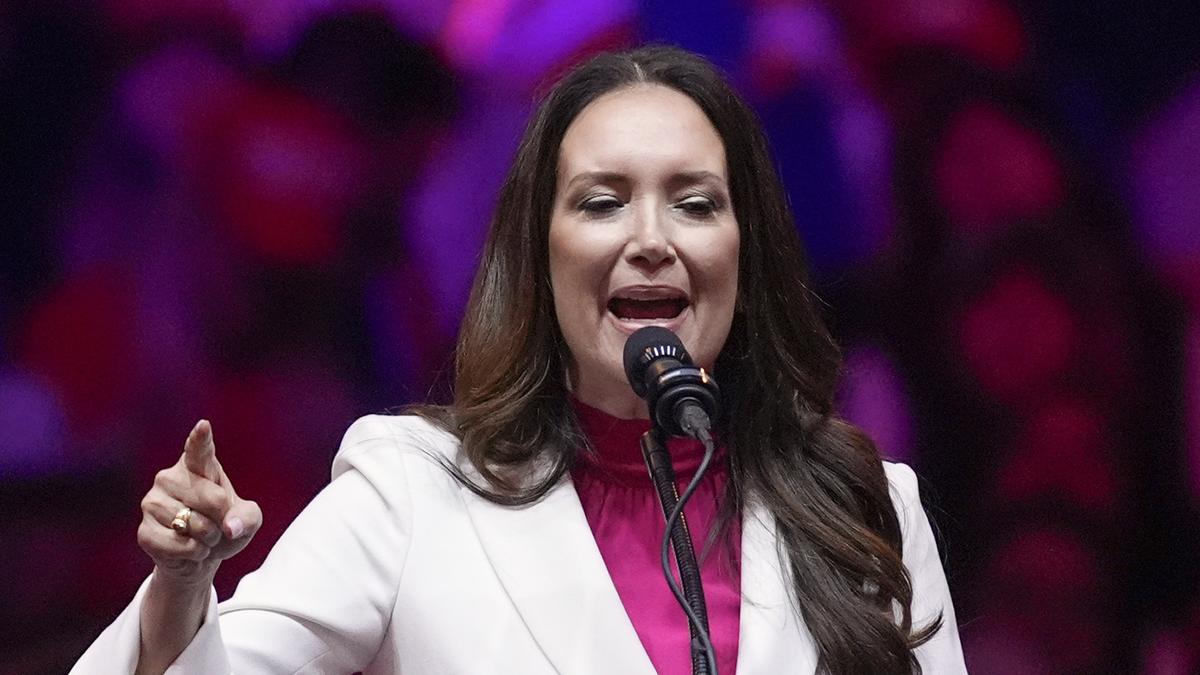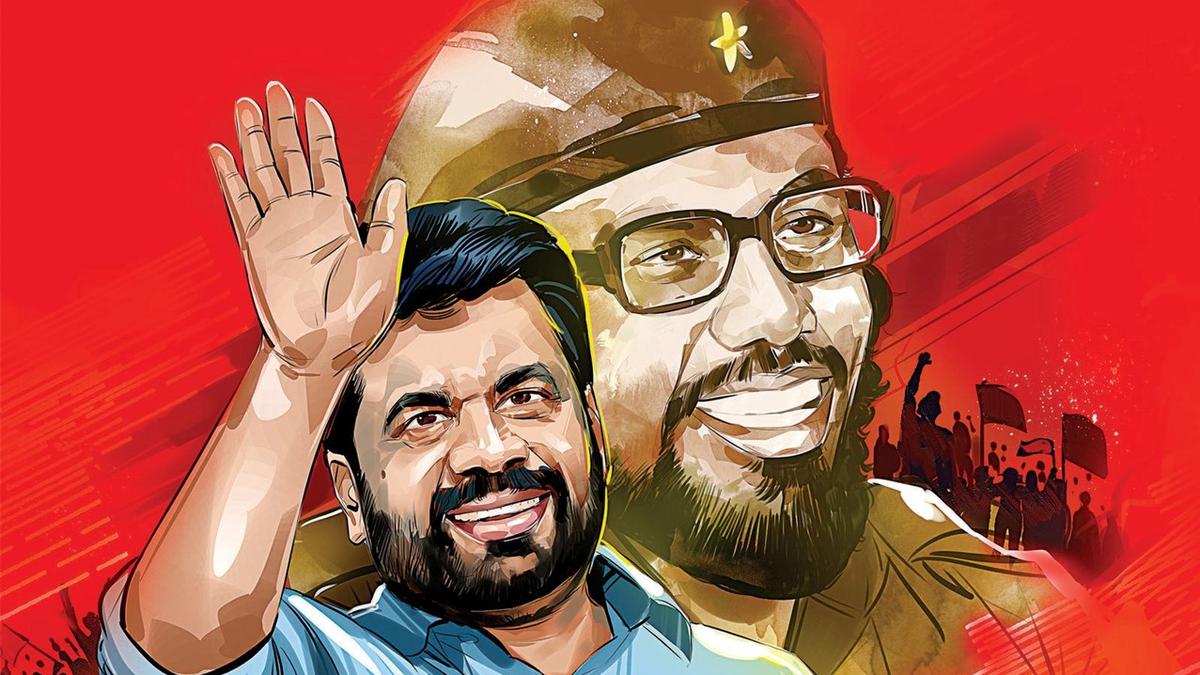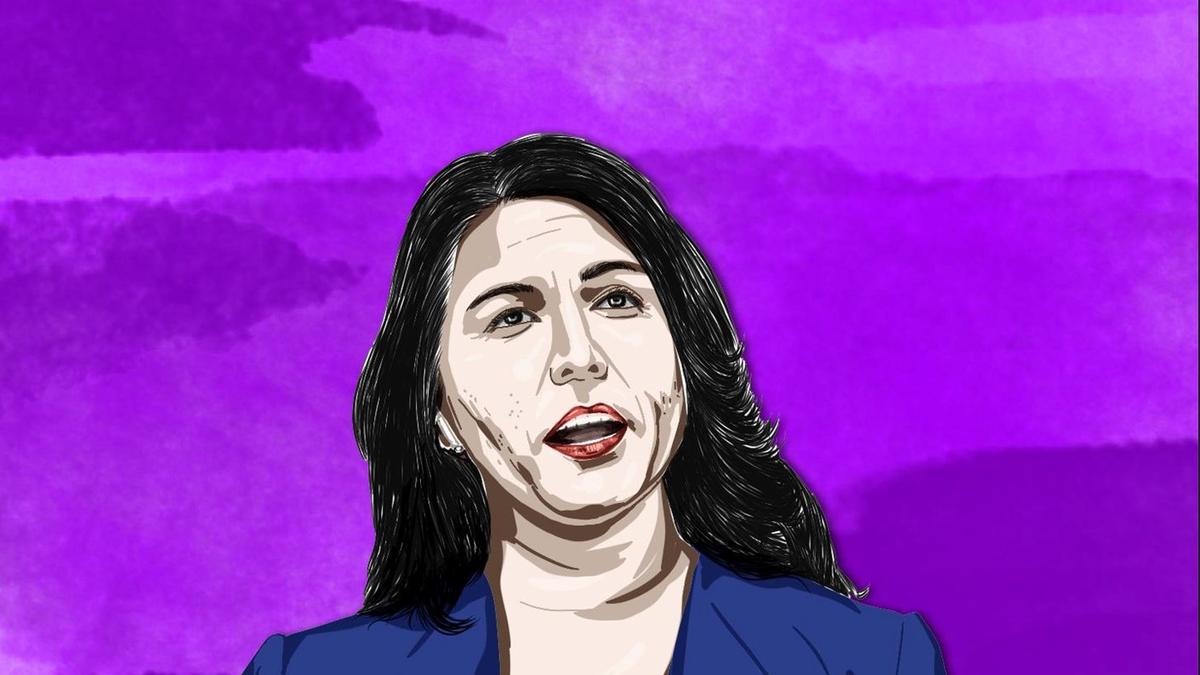BASIC countries, including India, have asked developed countries to honour their commitments to provide climate finance rather than “diluting obligations” and rejected attempts by the rich nations to shift their financial responsibilities during negotiations at the ongoing COP29 here.
As the annual climate change summit entered the fourth day on Thursday (November 14, 2024), Brazil, South Africa, India and China (BASIC) also reiterated the need to fully implement the Paris Agreement 2015, a legally binding international treaty.

The Paris Agreement aims at substantially reducing global greenhouse gas emissions to hold global temperature increase to well below 2 degrees Celsius and pursue efforts to limit it to 1.5 degrees Celsius above pre-industrial levels (with a baseline 1850-1900).
India, Egypt, and the Independent Alliance of Latin America and the Caribbean (AILAC) also called for clear pathways to convert financial pledges into binding contribution agreements.
Through the negotiations on Wednesday (November 13, 2024) and Thursday (November 14, 2024), the G-77/CHINA grouping which also includes India called for a balanced New Collective Quantified Goal (NCQG) on climate finance that is responsive to developing countries’ needs.
The grouping also sought a technology implementation programme supported by the operating entities of the Financial Mechanism.

The developed countries have emphasised the importance of increasing global climate ambition and have called for all nations, including emerging economies, to enhance their net-zero targets and implementation efforts.
However, these rich nations are facing criticism for not fully delivering on their own commitments, particularly regarding climate finance and support for developing countries.
In response, India, along with Brazil, South Africa and China as part of BASIC bloc, reiterated the need for full and effective implementation of the Paris Agreement.
“The BASIC bloc rejected attempts by developed countries to shift their financial responsibilities,” multiple negotiators confirmed to PTI.
The poor, developing countries also asked rich, developed countries to honour their commitments to provide climate finance rather than “diluting obligations”, a negotiator from Brazil said.
Meanwhile, the Alliance of Small Island States (AOSIS) added that current financial pledges fall far short of what’s necessary for meaningful climate action, underscoring a call for urgent and scaled-up contributions.
With these pressures mounting, the co-chairs of COP29 announced they would prepare a draft decision to formalise these arrangements under both the COP (the Conference of Parties) and the CMA (Conference of the Parties serving as the meeting of the Parties to the Paris Agreement) frameworks, another negotiator said.
The Arab Group and the Republic of Korea further stressed that guidance for parties must align strictly with the Paris Agreement’s terms, defending the autonomy of nationally determined contributions (NDCs), actions taken by each nation to restrict greemnhouse gases’ emissions to collectively keep temperature rise under check.
India opposed any new top-down regulations imposed under the guise of “features,” arguing that they compromise national sovereignty in climate commitments.

“Developed countries, including Japan and the U.S., pushed for the quantification of climate goals by all nations and advocated aligning targets with the 1.5 degrees Celsius threshold — a position supported by the Least Developed Countries (LDCs) but opposed by India,” a negotiator said.
As discussions moved forward, the Arab Group urged developed countries to ramp up their financial support, while India, AILAC, and Egypt emphasised that developed nations must deliver on promised climate finance by formalising their pledges as binding contribution agreements.
Amid intense negotiations, the co-chairs extended the schedule to resolve these critical issues and pave the way for an ambitious, actionable financial framework.
Published – November 15, 2024 01:15 am IST




